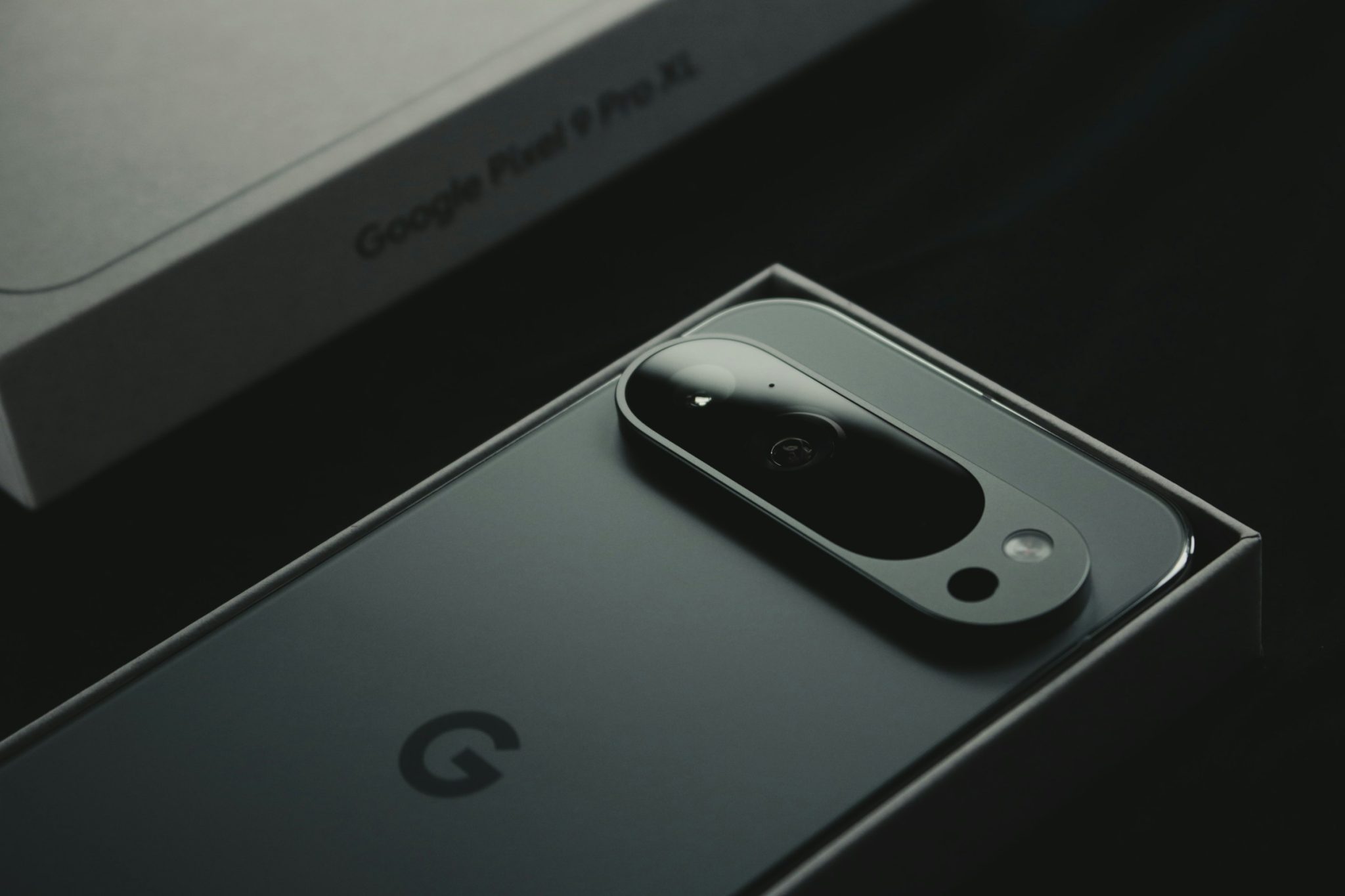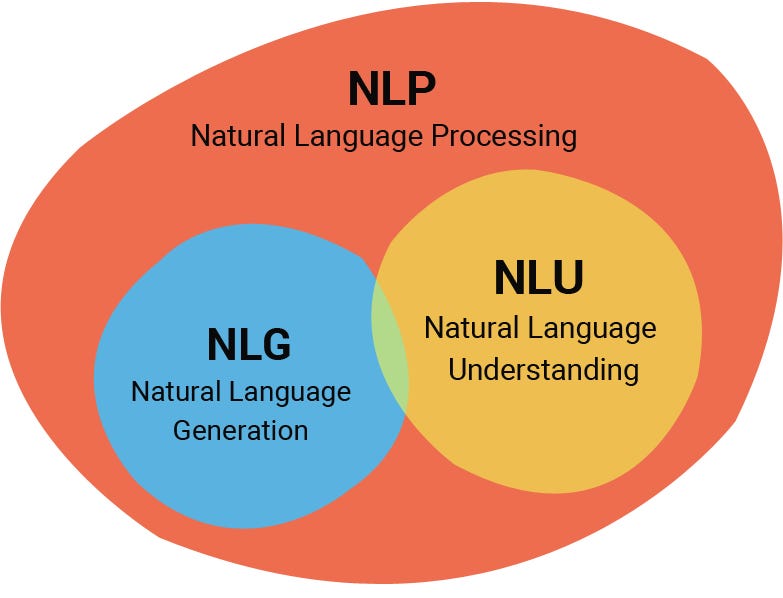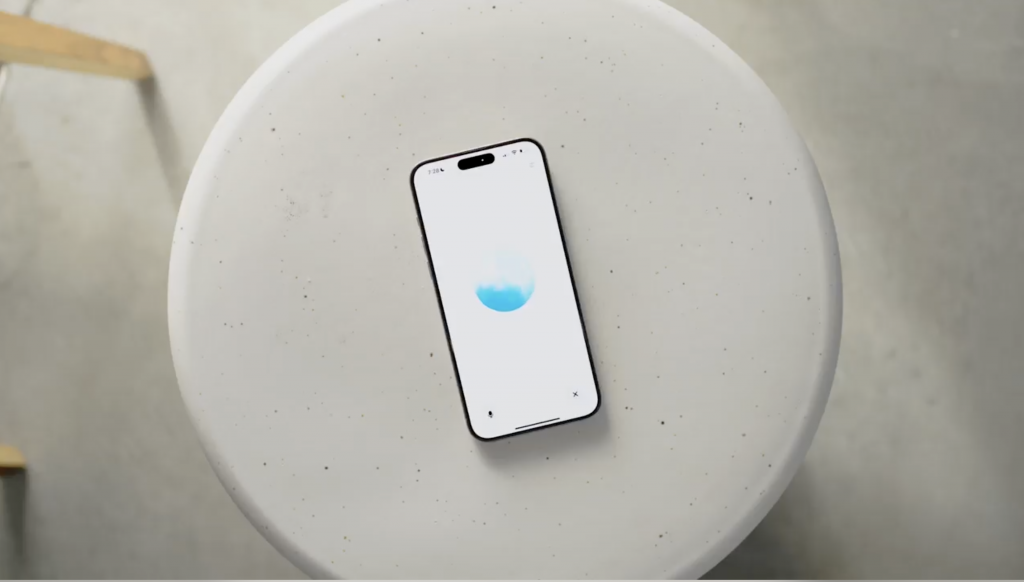
IDC has updated its forecast for global smartphone shipments in 2024, predicting a 5.8% year-on-year (YoY) increase, reaching 1.23 billion units. This positive outlook is largely driven by the growth of affordable Android devices in emerging markets and strong demand for generative AI-enabled smartphones in the premium segment.
Nabila Popal, IDC’s senior research director, highlighted that Android devices are set to grow at a rate nine times faster than iOS, with a 7.1% increase compared to iOS’s 0.8%. This difference is attributed to Apple’s growing competition in China and a higher comparison base for iPhones.
However, the forecast leaves room for iOS to perform better, depending on the success of generative AI features in the upcoming iPhone 16 and Apple’s ability to secure local AI partnerships in China. IDC expects iOS growth to improve in 2025, with a projected 4% YoY increase, driven by Apple’s AI advancements.
The report also underscores the rapid rise of GenAI smartphones, forecasting a 344% growth in this category, accounting for 18% of the market by the end of 2024. IDC research director Anthony Scarsella noted that most flagship models are expected to incorporate on-device GenAI features.
“Although GenAI smartphones are relatively new, premium flagships will continue to integrate these features to stand out,” said Scarsella. The average price of GenAI-enabled smartphones is projected to be more than twice that of non-GenAI models, fueling a trend toward premiumization in the industry.

The smartphone market is rebounding after a difficult period, with IDC reporting 12% growth in Q1 2024, followed by 9% growth in Q2, boosting confidence for the second half of the year.
Similarly, Canalys’ latest research showed strong growth in the global smartphone market during Q2 2024, with shipments reaching 288.9 million units. According to Canalys, the market has expanded for three consecutive quarters, driven by innovation and improving business conditions.
Despite only a 1% increase in shipments, Samsung retained the top spot with 53.5 million units shipped, while Apple secured second place with 45.6 million units, benefiting from momentum in North America and emerging APAC markets. Xiaomi, with its competitive offerings, followed closely, shipping 42.3 million units for a 15% market share. Canalys noted that China’s growth now aligns with global trends, aided by improved macroeconomic conditions and renewed business confidence.
In China, local brands are expected to leverage GenAI features to capture premium market share, targeting the growing demand for high-end devices. Canalys Senior Analyst Sanyam Chaurasia noted that Samsung will focus on its Galaxy ecosystem, offering exclusive GenAI features, while Apple aims to boost replacement demand through its AI strategy, including hybrid models and personalized Siri features.
Despite the positive trends, Canalys does not expect the smartphone market to experience double-digit growth in 2024. Instead, it predicts mid-single-digit growth, driven by recovering inventory levels, eased import restrictions, and an improving economic environment.
Has Huawei surpassed Apple in the AI competition?

What was expected to mark a groundbreaking moment for Apple in AI instead left many disappointed when the tech giant introduced the iPhone 16 series, its first AI-integrated smartphones, still in beta testing and potentially taking months or years for full global rollout. To further challenge Apple, Chinese tech giant Huawei unveiled its Mate XT just hours later, showcasing far more advanced AI capabilities powered by its in-house Kylin chips.
Huawei’s launch underscores its capacity for innovation despite U.S. sanctions and raises concerns for Apple’s market share in Mainland China, a key region for the company. Let’s delve into the reasons behind this shift.
Apple’s AI gamble: Is it worth the buzz?
The slow rollout of AI features has raised doubts among industry analysts about whether Apple’s AI initiatives are ready for mainstream adoption. Needham analyst Laura Martin noted that Apple’s messaging for the iPhone 16 series boiled down to “next year will be better,” with many AI features delayed until at least 2025.
Apple has been developing its AI technology, branded as Apple Intelligence, for some time, promoting it since the June developer conference. However, these tools won’t be available in the initial iPhone 16 release, with many critical functions postponed. For now, the AI capabilities primarily focus on summarizing messages and notifications, falling short of the advanced functionalities seen in competitor offerings.
In China, the launch of the iPhone 16 series on Monday quickly soured for many local Apple users upon discovering that the AI features would not be available in their language until next year.
In contrast, Huawei’s AI assistant, which offers text summaries, translations, and editing functions, along with AI-enhanced image editing like photo trimming, will be available as soon as the Mate XT hits the shelves later this month. This delay has led to skepticism about the new iPhones’ appeal in China, given the intense competition from local brands such as Huawei.
One commentator on Weibo, China’s popular microblogging site, likened the lack of AI in China to “cutting off one of Apple’s arms.” Another user suggested that without the key feature, the price should be halved. These opinions highlight growing frustration among Chinese consumers who feel they’re not getting the full value of Apple’s latest technology, as reported by the South China Morning Post.
Meanwhile, Huawei’s Mate XT, which can be folded in three different ways, has already racked up over four million pre-orders, with no deposit required, according to the company’s website. Research firm IDC reports that the global foldable phone market was around 4 million units in the second quarter.
Huawei executive director Richard Yu highlighted the company’s five-year effort to bring a unique product to market, stating, “Today, we bring you a product everyone can think of but could not make. Our team has been working hard and never gave up.”
Apple, however, has yet to announce a Chinese AI partner for Apple Intelligence, partly due to the complex regulatory environment in mainland China. The Ministry of Industry and Information Technology has approved 188 large language models for public use, none from foreign companies.
This situation raises doubts about whether Apple’s AI features will be available in mainland China when they launch in other Chinese-speaking regions. Apple has stated that the availability of AI features in China will depend on Chinese regulatory decisions.
Apple needs to act quickly. Sales have been declining, and the company’s position in China has dropped from third to sixth place, despite historically strong demand for new iPhones.
Huawei’s return to the high-end smartphone market last year with a device using a domestically produced chip—defying US sanctions—shocked analysts and officials. Huawei’s strong sales of two-way foldable phones have helped it surpass Samsung as the world’s top vendor of such devices.
The delay in Apple’s AI features in China could give competitors like Huawei an opportunity to gain market share and establish dominance in AI-powered smartphones on their home turf. This could make it more difficult for Apple to regain its footing once its AI features become available.
In summary, Apple’s AI ambitions in China are a high-stakes gamble. While the brand still holds significant appeal, the delayed AI rollout and strong competition from local players like Huawei present serious challenges. How Apple adapts its AI strategy to local conditions will be crucial for its future success in this key market.
Src: www.artificialintelligence-news.com/news











Comments are closed.